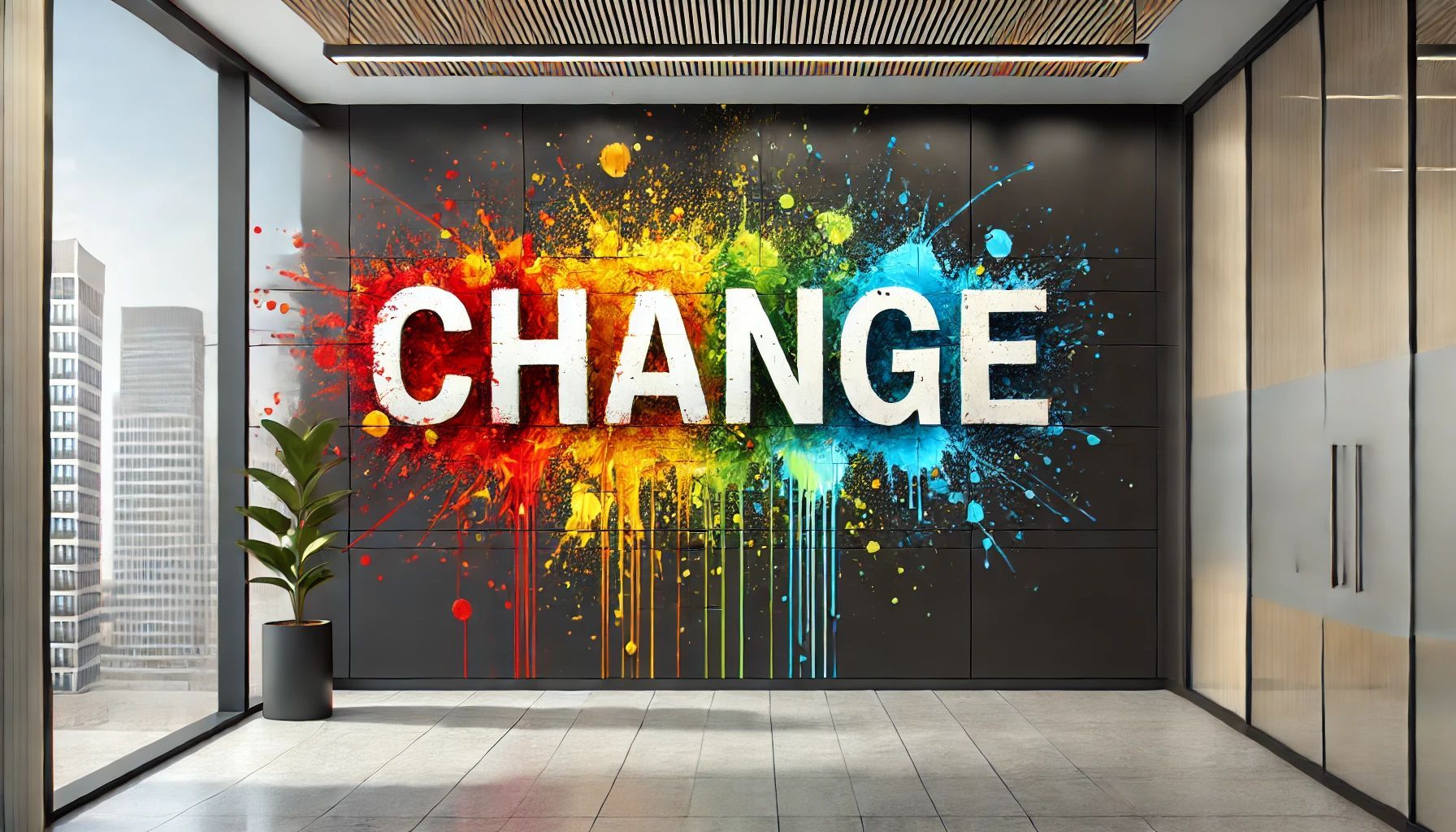Making Change Stick

Change is one of those things that’s easier said than done, right? We all love the idea of progress and innovation, but when it comes down to actually shaking things up in our workplaces—well, let's just say not everyone is on board from the get-go.
Did you know that around 70% of the time, those big change efforts in organizations flop? It’s not because people hate new ideas. It’s more about feeling unsure when things aren’t predictable anymore. We like our routines!
So, how do you actually make change stick? Well, it’s all about how you sell it. Leaders need to really explain why these changes matter, not just for the company’s bottom line, but for everyone involved. Keeping everyone in the loop and being straight-up about what’s happening can build trust and calm those nerves.
Here’s the secret sauce: get your team involved early on. Show them some quick wins to get everyone excited. And don’t ignore the stuff that’s gonna hurt a bit—acknowledge those losses and help people through them. Oh, and don’t forget the training and support they need to actually succeed in this new setup.
The best changes aren’t about tearing everything down and starting over. They’re about building on what’s already great and moving toward something even better. When people feel like they’re part of the plan, not just watching it happen, that’s when magic really starts to happen.
So, think about it: how does your company handle change? Got a game plan for making sure your leaders and teams are all on the same page? If you’re looking to level up your leadership skills and tackle change head-on, drop Cathie a line at
cathie@agonleadership.com or shoot a text to 440-320-3113 with “Workplace Leadership” in the subject line. Let’s chat about how to make your next big change a smooth ride for everyone involved.

